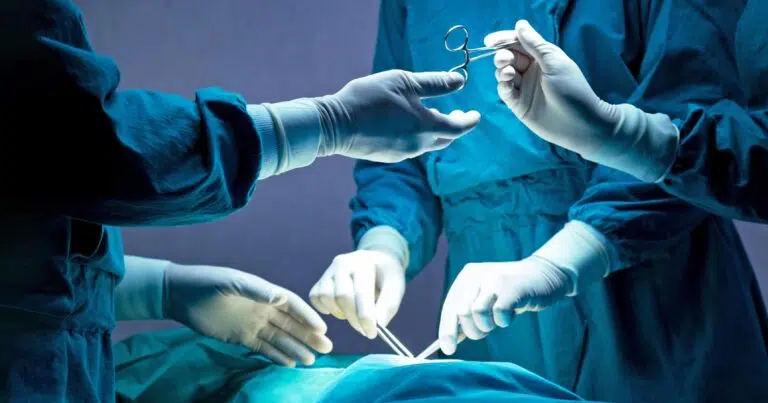Cytotechnologist Career Guide
Looking for a different career guide?
Overview
If you have an interest in diagnosing diseases through microscopic examination of cell samples and a keen eye for detail, becoming a Cytotechnologist could be a fulfilling career path. Cytotechnologists play a vital role in identifying and diagnosing various medical conditions through the study of cell specimens.
Cytotechnologists examine cell samples, such as Pap smears or fine needle aspirations,
Education
To become a cytotechnologist, you'll need a Bachelor of Science degree, preferably in Cytotechnology or a related field. Accredited cytotechnology programs are available at universities and medical centers.
Qualifications

Skills
Staff and Travel Cytotechnologists must possess a strong foundation in biology and anatomy, exceptional attention to detail and excellent microscopy skills. Strong communication skills are important for collaborating with pathologists and healthcare teams.
Responsibilities
Cytotechnologists collect and prepare cell samples for examination, interpret slides under a microscope, identify abnormalities and communicate findings to pathologists. Accurate and timely reporting is crucial for patient care.
Salary Insights
The average salary for a Cytotechnologist is $2,464.27 per week.
Last updated on December 17, 2025. Based on active jobs on Vivian.com.
Pros & Cons
Becoming a cytotechnologist offers the satisfaction of contributing to early disease detection and prevention. Your work directly impacts patient outcomes, making it a rewarding field. Additionally, the demand for cytotechnologists is expected to remain steady.
On the downside, the job may involve long periods of microscope work, which can be physically demanding. As cytotechnologists often work in healthcare settings like hospitals
Some of the content on this page was enhanced using artificial intelligence.
Join over 1 million healthcare workers that are getting a head start with Vivian.
Join Vivian





